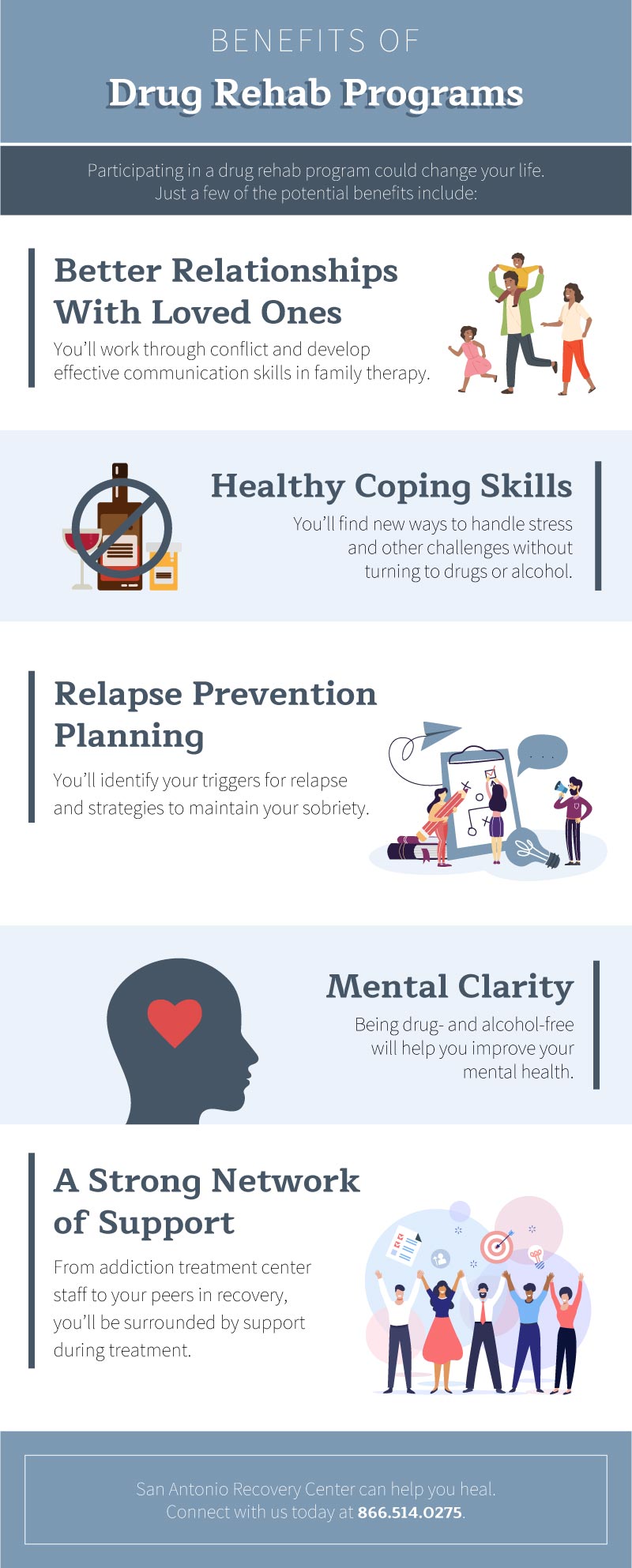Expert Guidance: Navigating Options for an Addiction Treatment Center
Expert Guidance: Navigating Options for an Addiction Treatment Center
Blog Article
Browsing the Journey of Cleansing in the Comprehensive Dependency Therapy Program
Starting the course of cleansing within the structure of an extensive addiction treatment program is a critical phase in the journey in the direction of healing. The procedure of detoxing holds a significant duty in breaking the physical dependancy on substances and preparing the individual for the subsequent phases of treatment. Nevertheless, browsing via detoxing is not merely a matter of physical cleansing; it entails a complex interaction of psychological, emotional, and social elements that call for mindful consideration and support. As individuals come to grips with the challenges of withdrawal signs and symptoms and the uncertainties that exist ahead, having a durable assistance and an organized plan system in position becomes vital. In this conversation, we will certainly check out the diverse aspects of detoxification within the thorough dependency treatment program and shed light on the vital components that form this transformative trip towards recovery.
Relevance of Detoxification in Recovery

Detoxing establishes the structure for the rest of the addiction therapy program by preparing the person for more therapy and counseling. By cleaning the body important that have been clouding judgment and influencing behavior, detox makes it possible for people to approach their healing with a more clear mind and more powerful focus.
Moreover, detoxification assists in managing the potentially extreme withdrawal symptoms that might arise when medicine or alcohol use is stopped. Doctor very closely monitor clients during detoxification to ensure their safety and security and provide essential assistance. Through this process, people can start their trip towards sobriety with a maintained physical and mental state, enhancing the likelihood of an effective recovery.
Comprehending the Detox Process
Cleansing, an essential element of addiction treatment programs, entails a structured process targeted at safely eliminating harmful compounds from the body to promote an effective healing trip. The detox process normally begins with an evaluation to analyze the person's material use history, physical health, and mental wellness. This evaluation assists healthcare experts figure out the most ideal detoxification plan tailored to the person's requirements.
Throughout detoxification, the body undergoes withdrawal as it changes to the lack of the material. Withdrawal symptoms differ depending upon the sort of substance utilized, the duration of use, and specific factors. Medical guidance during detox is critical to take care of withdrawal symptoms and ensure the individual's safety and security and comfort.

Taking Care Of Withdrawal Signs

Medicines check my site may be utilized to alleviate details withdrawal symptoms and decrease pain. Medicines like methadone or buprenorphine can aid manage opioid withdrawal symptoms, while benzodiazepines might be used for alcohol withdrawal. It is important for doctor to very carefully check the individual's feedback to these medicines to guarantee their safety and security and performance.
In enhancement to medicinal treatments, supportive treatments such as therapy, peer support system, and alternative practices like mindfulness meditation or yoga can assist individuals handle the emotional and emotional challenges of withdrawal. By addressing withdrawal symptoms comprehensively, healthcare providers can enhance the detoxification experience and assistance people on their journey to healing.

Support Solutions During Detoxification
Assistance systems play a vital duty in offering emotional and social support to people undertaking detoxification in addiction treatment programs. During the detox procedure, people usually experience a variety of emotional and physical withdrawal signs, making this phase difficult - Addiction Treatment Center. Having a strong support group in position can significantly affect the person's ability to browse through detoxification effectively
Relative, close friends, support teams, and health care specialists are important elements of the support group. Family members and close friends can use motivation, understanding, and a sense of belonging throughout this challenging time. Support system offer a platform for people to get in touch with others that are experiencing comparable experiences, supplying a feeling of community and shared understanding. Healthcare specialists, consisting of therapists, medical professionals, and therapists, play an important duty in monitoring the individual's progress, supplying clinical support, and supplying assistance throughout the detoxification process.
Looking Ahead: Life After Detox
Having effectively completed the detoxification stage, individuals in dependency therapy programs currently concentrate on planning for the challenges and chances that exist ahead in their journey towards recovery. Life after detox marks a critical change period where people have to continue to build on the progress made during detox to preserve their sobriety. It is essential for people to acknowledge that the trip towards healing is ongoing and calls for devotion, commitment, and a willingness to accept change.
One key facet of life after detoxification is the advancement of coping mechanisms to handle triggers and desires that may emerge. This may include finding out new abilities, such as mindfulness practices, cognitive-behavioral techniques, and anxiety monitoring strategies, to browse difficult situations without considering compound usage. Additionally, individuals are urged to actively take part in recurring treatment, support system, and aftercare programs to strengthen their assistance network and receive advice as they browse the intricacies of life post-detox.
Conclusion
Recognizing the detoxification process and managing withdrawal symptoms are essential actions in the direction of recuperation. It is important to identify the relevance of detox in the procedure of getting over dependency and relocating towards a life of soberness.
Medical supervision throughout detoxification find out here now is critical to take care of withdrawal signs and make sure the person's security and comfort.
By recognizing the detox process and its value in breaking the cycle of addiction, people can begin on a course towards lasting recovery.
During the detoxification procedure, individuals commonly experience a range of physical and mental withdrawal signs and symptoms, making this phase challenging. Health care professionals, consisting of doctors, therapists, and specialists, play an essential duty in monitoring the individual's progress, providing medical support, and offering assistance throughout the detoxification process.
Life after detox notes an essential shift period where individuals must proceed to build on the progression made during detox to keep their soberness.
Report this page